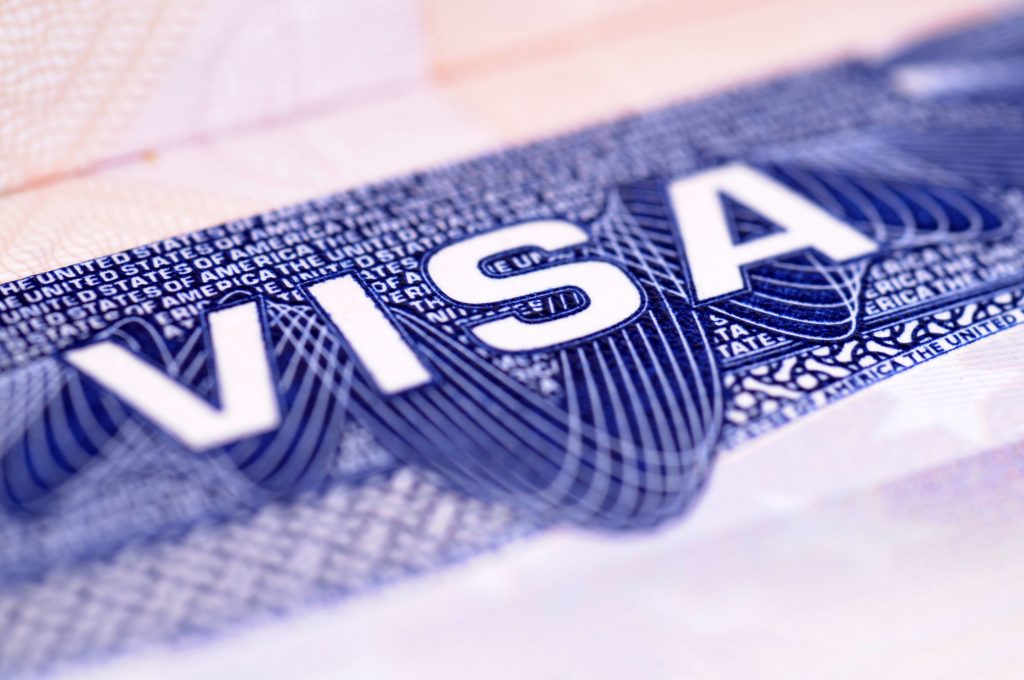
The U.S. Citizenship and Immigration Services (USCIS) has officially declared that the registration period for the H-1B visa for 2025 will start on March 7th. This marks the continuation of the yearly tradition that allows skilled workers to apply for one of the 80,000 sought-after positions.
Yet, this year’s procedure takes place against a backdrop of growing worries regarding the altering lottery system, which may complicate the situation for those impacted by the recent layoffs in the tech sector, especially from prominent companies like Meta, and hinder their ability to remain in the United States.
In the past, the H-1B lottery system allowed employers to submit multiple registrations for the same candidate, which improved that candidate’s chances of selection. However, this year, the system has been revised. Now, each foreign worker can only have one registration, no matter how many employers apply on their behalf.
This change is designed to stop the misuse of the system, where employers might submit several applications for the same candidate to increase their likelihood of being chosen. Essentially, the updated system emphasizes “unique beneficiaries” — making sure that each foreign worker is only counted once, no matter how many employers are participating. This adjustment seeks to establish a more balanced and just selection process, which many view as a crucial reform. However, it also sparks concerns regarding how it will affect foreign workers who are already facing unemployment.
The recent tech layoffs are intensifying an already difficult situation for those impacted. Numerous foreign employees holding H-1B visas were dismissed by major tech firms such as Meta, Microsoft, and Google. These individuals, who depended on their jobs for their legal status in the United States, now confront significant challenges in finding new employment before their visa status becomes precarious.
Under the new lottery system, a laid-off worker who manages to secure a new job with an employer willing to sponsor their visa faces considerably lower odds of being chosen in the lottery. This puts these workers in a tough position, as they might struggle to remain in the U.S. because of the updated lottery procedures.
The H-1B visa program has historically served as a vital pathway for skilled international workers to come to the U.S. and support various sectors, including technology and healthcare. However, with the introduction of the new regulations, critics believe that these modifications might lead to unforeseen negative effects, particularly for individuals who were dismissed without any wrongdoing on their part. By concentrating on “unique beneficiaries,” USCIS is effectively preventing the manipulation of the system through multiple applications.
The modifications could help improve the transparency and fairness of the lottery system, but for individuals who have already been displaced, it adds another challenge to an already complicated situation.


Leave A Comment